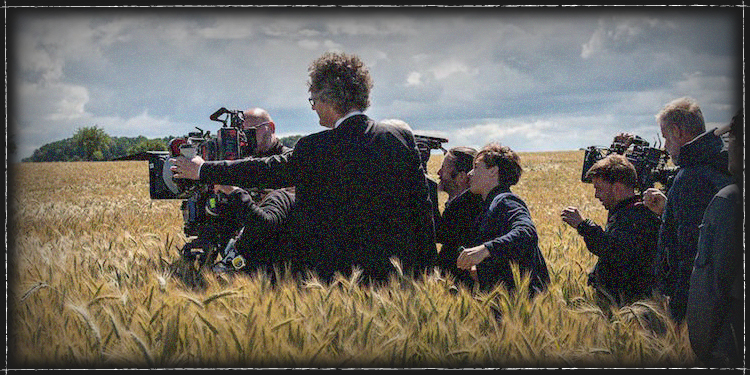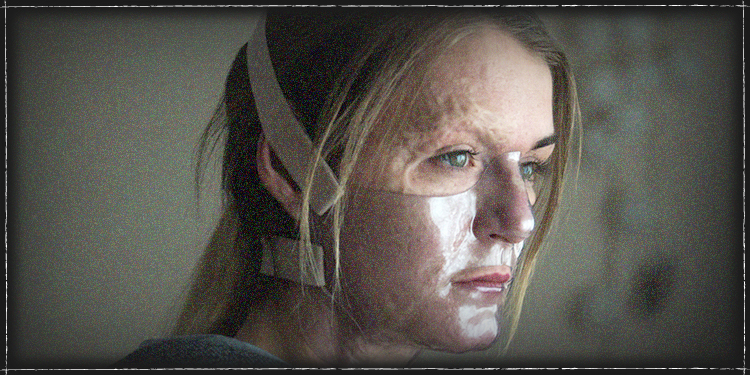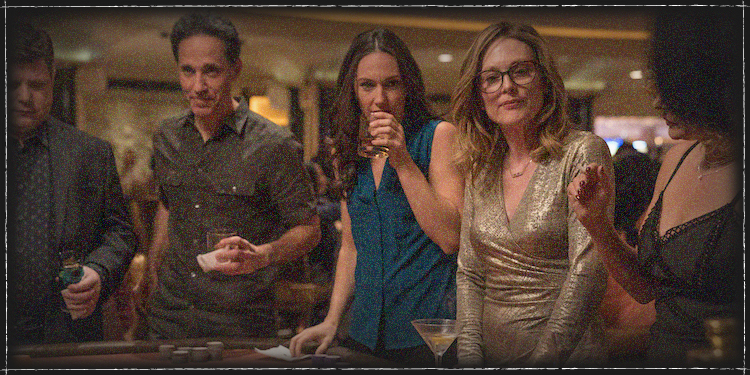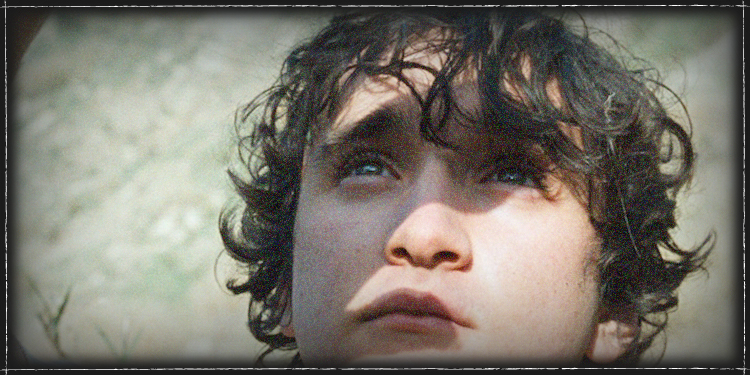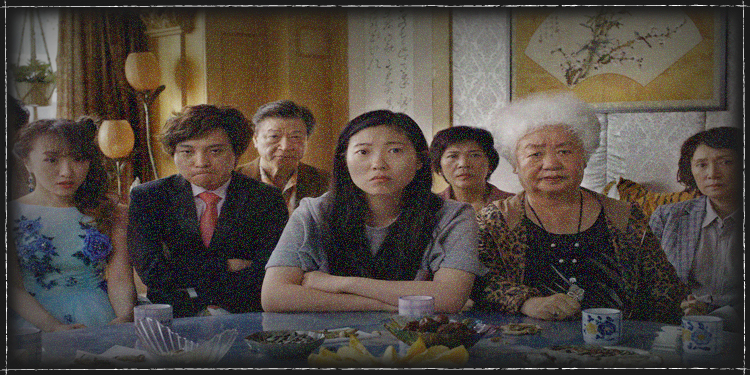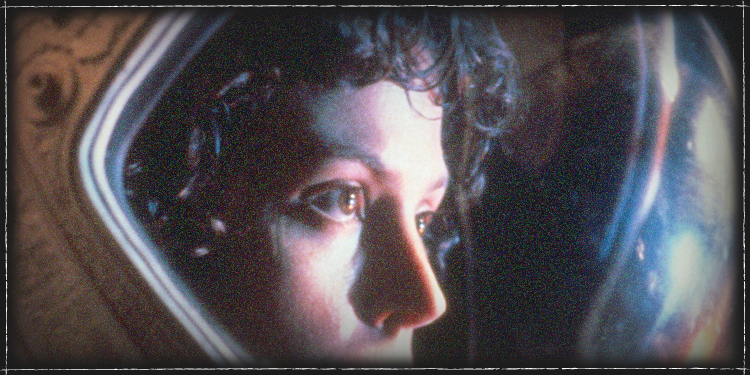A new norm was validated for German Cinema upon completion of the first decade of the new millennium, in 2010. An Oscar nomination at least, for foreign-language-film was to be expected on an annual basis, alongside multiple victories in international A-list film festivals, critical acclaim by media and potential analysis in prestigious academic journals. A stark contrast to the previous era of more esoteric films produced in the country, the works created between 2000-2010, didn’t just influence German film and culture but also informed artistic, multi-disciplinary and scholarly discourse, internationally.
There's a scene in Dirty God when the protagonist, 23 year old single mum, Jade, on a break while working at a call centre, tells a work colleague that her baby daughter, upon seeing her disfigured face began calling her, "Monster... monster..." to which the child's grandmother added, “But she's a nice monster”. This is the foundation of this well-crafted film by Sacha Polak.
It takes a lot of bravery and talent for any filmmaker and actor to undertake the herculean task of remaking a critically acclaimed film, which features a widely loved, larger than life type of character. Particularly when this story, not in the English language, was directed by the same filmmaker and engaged audiences internationally. Sebastián Lelio and Julianne Moore however, succeed in creating and delivering Gloria Bell. A 2.0 version of the original Gloria, which feels authentic and unapologetic, a celebration of life with a lot of soul and reinvigorating energy of its own accord.
According to the winning recipe of low cost movie tales, mass conceptualised and produced in digital silos, which has dominated all facets of the industry in recent years, Happy As Lazzaro shouldn’t work. It doesn’t feature any heros or villains with super-powers, for that matter; it’s not an adaptation or spin-off of a popular comic book; it doesn’t feature any special effects or award-winning CGI-led construction of the supernatural. Yet, Alice Rohrwacher re-defines the rules of cinematic representation of fables with this unassuming, tender, deeply humanistic tale.
Lulu Wang’s semi-autobiographical film, is a refreshing, heartfelt and cathartic tale about the turbulent and bittersweet exploration of all the shades reflected on one’s identity: self, family, and cultural influences. With a good sense of humour which works on multiple levels, ranging from the dialogue to the compelling performances of the entire cast and particularly Awkwafina who masterfully carries the film, Wang delivers not only an enjoyable cinematic experience, but also an interesting instalment in the cultural imaginaries of citizens of the world navigating through their multi-cultural heritage and family love.
What can one say about Ridley Scott’s Alien that hasn’t been said since its eponymous release in 1979? It was a film ahead of its time then, with its design and use of technology, it’s embracing of genre and subsequent game-changing marketing campaign, sublime casting and almost certainly now, it’s longevity.

